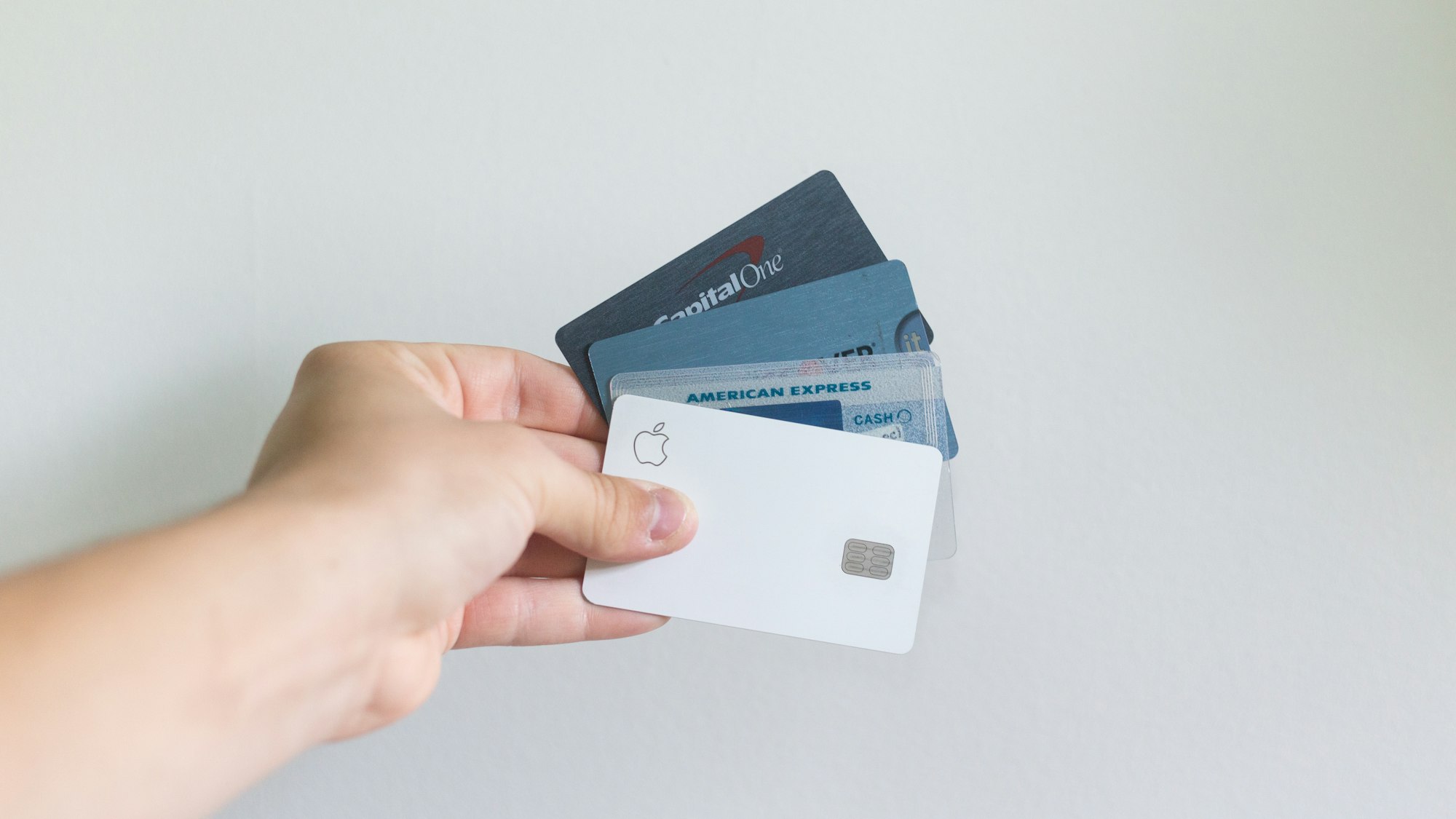It's All About The FICO Score, Baby.
Credit and FICO scores are very important for success in a lot of aspects in adult life. Lets talk about them.
Recently in the NuOp Community section, a realtor named Jacqueline Kraszewski from Green Team Home Selling System posted a question about credit scores. She asked, “ What information do you give potential buyers about raising their credit score”? That got us to thinking… What are some ways to help our buyers understand more about the ins-and-outs of credit scores?
What Is FICO?
Some buyers come to the table with a ton of knowledge on home-buying and credit and some can come to you knowing absolutely nothing; we’ve all had a client that knows very little about the process and it’s our job to support them through that. In order for buyers to learn how to affect their credit scores, they first have to understand how its created.
In a collection of posts by Time, Inc. called Money 101, experts give a thorough overview and advice on all things related to that elusive FICO score under the section “Managing Credit and Debt.” Fair Isaac (and Company) are the makers of the credit score also known as a FICO score. They don’t share their exact formula for your credit score, but they do give the weights of various criteria that they look at: 35% payment history, 30% amount owed, 15% length of history, 10% new credit, 10% types of credit used. Credit scores can range from 300 to 850, 850 being perfect credit. According to Value Penguin.com, the average credit score in the United States is a 695. Although this is an all-time high, to receive the best rates, one’s credit should be at 740 or above.
So, what are some simple ways for buyers to raise their credit scores? We came up with two of the most pertinent factors: (1) Be on time, and (2) Reduce Credit Utilization.

1) Be On Time:
Be sure that bills are current. We all know that we should pay bills on time, however, people make mistakes, miss payments, or are late on payments. Even small, periodic lapses can be reported. According to Heather Battison, Vice President and TransUnion, “missing any form of payment can have a negative impact on your credit score and can pose a potential risk to lenders whether it be from a credit card or a loan. That is why it is imperative to pay off debts on time and in full each month.”
So, in order to boost their credit score, buyers should try their best to stay current and on time. Creditors often do not report missed payments until thirty days after the missed payment, so even if buyers are late, they should not think all is lost they should pay as soon as they can. MyFICO.com, "also reports that “the longer you pay your bills on time after being late, the more your FICO Scores should increase. Older credit problems count for less, so poor credit performance won’t haunt you forever. The impact of past credit problems on your FICO Scores fades as time passes and as recent good payment patterns show up on your credit report."
This is good news, this means even when you make a mistake it will not be a thorn in your side forever. There is always a possibility for a come back and you should never jump ship even if your score is bad. Matter of fact if you rebuild a horrible score that may even look good on you in a few years time when its reviewed. It shows you have the ability to grow a low score and you don't ditch the problem if it gets to bad.
At the end of the day credit card companies and lenders want to know if they can trust you with money.

2) Reduce Credit Utilization:
Considering that FICO scores lean heavily on amount owed, finding ways to shrink that amount will help raise credit scores. This, subsequently, will allow for buyers to receive better rates from mortgage lenders. There are several ways that any person can achieve a better credit utilization. Lets take a closer look.
Pay off debt: In this particular area, the best thing a buyer can do is to pay down his or her revolving credit card debt. Please note that buyers should not be encouraged to clear one credit card with another credit card to spontaneously improve credit that does not work. Remember credit cards are not free money.
Keep balances low on credit cards: If you have a card with a limit of 500 dollars, make it your goal to maybe only use $100 of that limit. While the cards are great to have try to only use it for things like gas or food when you need it. Use debit cards for these other purchases.
Having Multiple Accounts Is Good - Just don't overdue it: Contrary to what many may thing, having a decent amount of credit lines can help raise your score. If you are not overusing them. If you are having a lot of accounts would actually harm you.
These main areas are the ones buyers should most concentrate on due to the weight they receive when computing FICO scores. There are no overnight credit miracles, but a solid few months can do wonders to help a buyer best affect his or her credit.
Conclusion
Credit score and FICO is a key part of everyone's adult life. Sadly a lot of people have stopped caring about it for a whole host of reason, one of which may be its not talked about in school. But if this is not nurtured throughout life the later years can be a struggle.
If you liked what you see here, great news! There are a bunch of blogs for your enjoyment here. Also make sure to sign up for free, you only lose a few moments of your time, but you gain a great source of business.

Comments ()